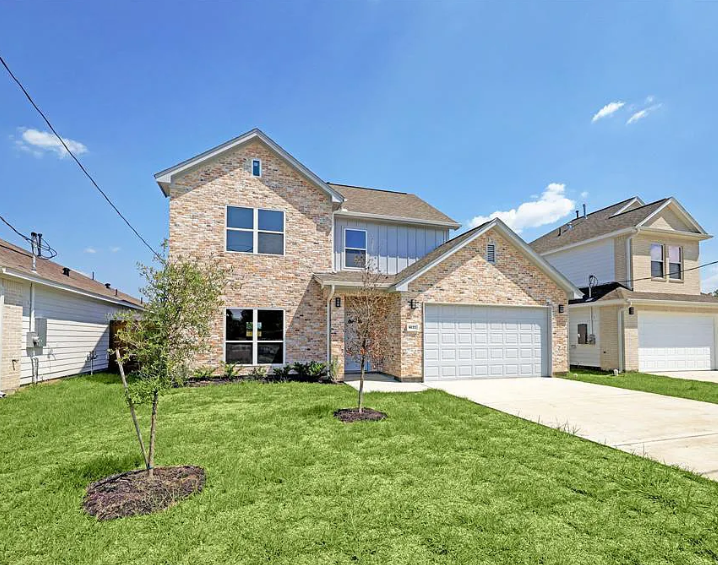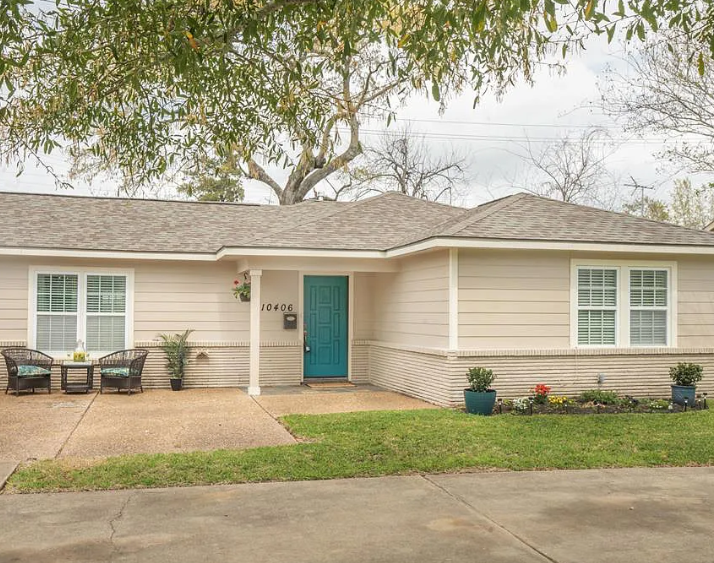Embarking on a home remodeling project is an exciting endeavor that can enhance the comfort, functionality, and value of your home. Whether you’re planning a kitchen renovation, bathroom upgrade, or a whole-house makeover, maximizing the value of your remodeling project is key. Here are some tips to help you achieve that:
- Set Clear Goals and Priorities: Before diving into a remodeling project, define your goals and priorities. Determine what you want to achieve with the renovation. Are you looking to improve functionality, increase energy efficiency, or enhance aesthetics? Setting clear goals will help you stay focused throughout the process and make informed decisions.
- Plan a Realistic Budget: Establishing a realistic budget is crucial for a successful remodeling project. Research the average costs associated with your desired renovation and allocate funds accordingly. Consider potential unforeseen expenses and set aside a contingency budget for any unexpected surprises that may arise during construction.
- Focus on High-ROI Upgrades: To maximize the value of your remodeling project, prioritize upgrades that offer a high return on investment (ROI). Kitchen and bathroom renovations tend to provide the most significant ROI. Consider upgrading fixtures, appliances, and finishes to appeal to potential buyers and increase the value of your home.
- Seek Professional Guidance: Engaging the services of a professional designer or contractor can greatly contribute to the success of your remodeling project. They can provide valuable insights, recommend cost-effective solutions, and help you make informed choices. Their expertise and experience will ensure that the project is executed efficiently and to a high standard.
- Maintain Cohesion with the Existing Home: When remodeling, aim for a cohesive design that complements the existing style and architecture of your home. Strive for a harmonious flow between the remodeled spaces and the rest of the house. A seamless transition will enhance the overall appeal and value of your home.
- Consider Energy Efficiency: Energy-efficient upgrades not only reduce your carbon footprint but can also increase the value of your home. Incorporate energy-efficient appliances, windows, insulation, and lighting fixtures into your remodeling plans. These upgrades can attract eco-conscious buyers and potentially lower utility costs.
- Pay Attention to Quality: Quality should be a top priority when remodeling your home. Opt for durable materials, finishes, and fixtures that will stand the test of time. Skimping on quality may save you money upfront but can lead to costly repairs or replacements down the line, negatively impacting the value of your investment.
- Don’t Neglect Maintenance and Repairs: While it’s tempting to focus on cosmetic upgrades, addressing any existing maintenance or repair issues is essential. Ensure that your home’s structural integrity and systems are in good condition. Buyers are more likely to value a well-maintained home, and it can prevent potential complications during the selling process.
By following these tips, you can maximize the value of your home remodeling project and create a space that meets your needs and appeals to potential buyers. Remember to plan diligently, make informed choices, and seek professional advice when necessary. A well-executed remodeling project can significantly enhance both your enjoyment of your home and its market value.

